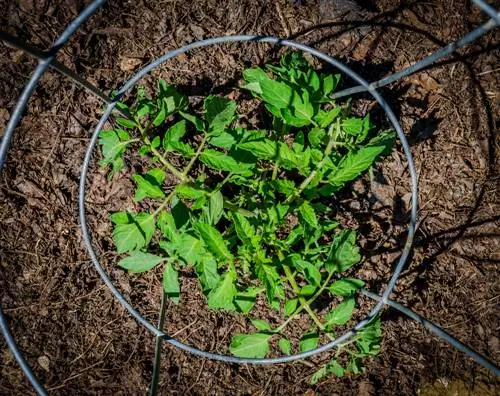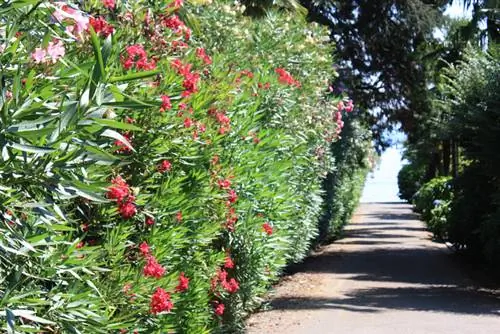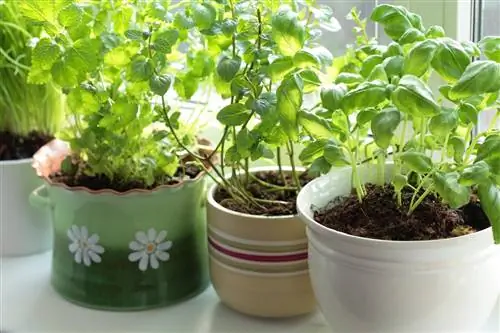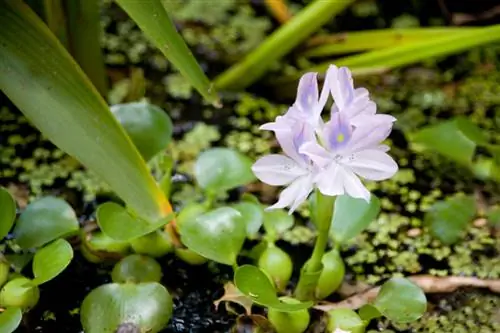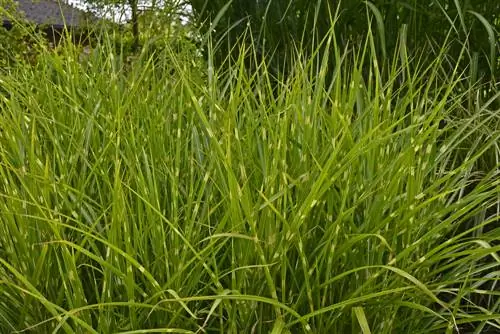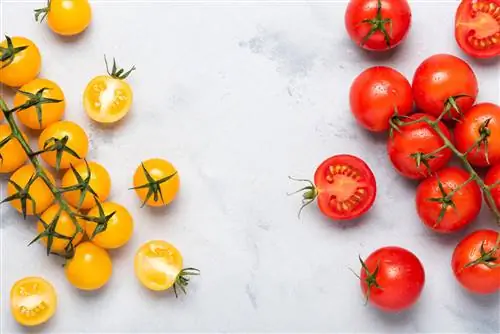- Author admin [email protected].
- Public 2023-12-16 16:46.
- Last modified 2025-01-23 11:21.
Tomato plants have high nutrient requirements. It makes sense to plant the plants directly in the compost soil. Here you have to take the development stage into account, because the nutrient requirements change over time.
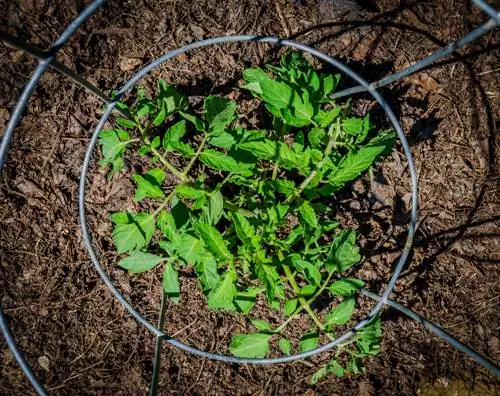
Is it good to plant tomato plants in compost?
Yes, tomato plants can be planted in well-ripened compost soil as they have high nutrient requirements. Use mature compost soil for young plants and make sure there are enough nutrients for he althy growth and fruit formation.
Requirements of seedlings
Although tomatoes are heavy eaters, they have different nutrient requirements at different stages of development. The roots of the seedlings require a nutrient-poor substrate. Mature compost soil can cause the roots to burn due to the excess supply of nutrient s alts. In a nutrient-poor soil, the roots are stimulated to grow as they have to search for nutrients. In the nutrient-rich substrate, the nutrients inhibit root growth.
Tomato seeds need:
- Seed or growing soil
- a mixture of garden soil, sand and compost in one part each
- Uniform earth with natural clay or perlite
Young plants need nutrients
In the growth phase, the young plants need more nutrients, which they put into the development of leaves and flowers. These plants can be planted directly on the compost if it is well matured and does not contain any coarse components such as pieces of bark or other plant residues. Stale compost that has been stored for at least a year is ideal. It offers ideal water drainage and a crumbly structure that ensures optimal ventilation. The roots can develop unhindered in this substrate.
Nutrient requirements of adult tomato plants
The heavy eaters constantly need sufficient nutrients so that they can produce juicy fruits. Nitrogen supports plant growth. Plants need phosphorus to develop flowers and fruits. This chemical compound supports the development of a strong root system and supports vitality. The plants become more resistant to diseases. Potassium also protects against disease and makes plants more resistant to cold. Various trace elements such as zinc, iron, copper, manganese and boron are important for he althy growth. Compost contains all the necessary nutrients, so additional fertilization of the tomato plants is not necessary.
Yellowing leaves
If the lower leaves turn yellow, this does not necessarily indicate a nutrient deficiency. The plant removes nutrients from the lower leaves in order to invest them in the fast-growing upper leaves. In this case, quick-acting fertilization does not bring about any improvement. It causes the plant to shoot up undesirably and form fertilized stems.

